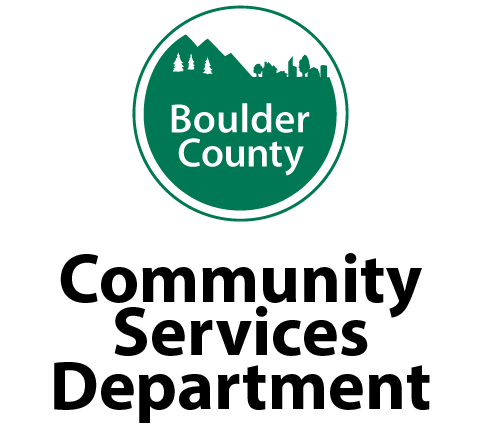- What are IDAs?
Individual Development Accounts (IDA’s) are matched savings accounts funded by public and private sources. These accounts are designed to help low-income and low-wealth working families save exclusively for the asset goals of first-time homeownership, post-secondary education or business capitalization.
- Who is eligible?
Personal Investment Enterprise is open to individuals and families, citizens or legal permanent residents who live in Boulder County or Broomfield County a minimum of one year and who meet income and asset requirements.
- Who holds the savings accounts?
All accounts are held at a partnering bank.
- Who administers this program?
Community Action Development Corporation (CADC) and Boulder County Community Action Programs administer Personal Investment Enterprise jointly. 17 partner agencies work with the Program to help identify and counsel participants.
- How much assistance can a participant receive?
For every dollar a participant deposits in his/her savings, Personal Investment Enterprise will deposit matching funds on a 4:1 ratio up to $4,000.00.
- What are the minimum and maximum monthly deposit requirements?
The minimum deposit is $33.00 and maximum $167.00 per month of earned income.
- What are the training requirements?
Training requirements include five financial literacy classes training and an asset-specific training for all Participants. The financial literacy classes are five 2-hour classes. Each participant also completes a specialized asset training class dependent upon his/her savings goal.
- How can a participant withdraw from the Program?
If a participant stops contributing earned income to his/her IDA account, the Program will refund the saver’s deposits but none of the matching funds.
- Can a participant withdraw funds from the Program?
A participant may request to withdraw funds in the event of a medical or family emergency. The funds withdrawn must be from the participant’s savings and not from the matching funds. Withdrawal of funds does not remove the participant from the program.
- How are the funds disbursed?
A payment will be issued to the company, institution or individual furnishing all or a part of the saver’s asset goal (a mortgage company, wholesale supplier, community college, etc.)
- What affect does an IDA have on income tax?
The IRS has ruled that only the participant’s interest income earned on the savings account is taxable. Since match funds are paid directly to the vendor (Title Company, business supplier or education institution) on behalf of the participant, the IDA funds are not taxable.
- Will opening an IDA affect other government assistance (SSI, SSDI, etc.)?
No. Federal policy states that “for the purpose of determining eligibility to receive, or for the benefit of such individual, funds (including interest accruing) in an individual development account under this Act shall be disregarded for such purpose with respect to any period during which such individual maintains or makes contributions into such an account.”
- What is the minimum/maximum savings period?
Participants are required to stay in the program for a minimum of six months. The maximum participation is 30 months: however, a saver may petition for additional time to reach his/her goal.
- Can IDA funds be used with other assistance programs (down payment, low-interest business loans or scholarships)?
Yes. Savers that are also eligible for other assistance programs are encouraged to leverage their savings to achieve their goals more quickly.
- Does a participant need to be employed to qualify for an IDA?
Yes, at least 30 hours/week with some exceptions. Full-time students head of household, disabled, and elderly participants can work less hours. Federal regulations clearly state that deposits made into IDA’s must come from earned income.
- What happens if a participant’s income increases?
Once a participant qualifies for the IDA Program, he/she remains qualified until the asset goal is purchased.
- Where can a participant purchase his/her asset?
First time homeownership may purchase housing in Boulder, Broomfield, Larimer or Weld County and some Denver Metro Area counties. Businesses must be registered in Boulder or Broomfield counties. Postsecondary education assets do not have restrictions.
- Are savers required to pay back matching funds?
No, IDA funds must be used for an asset purchase: however, participants are NOT required to reimburse the matched IDA savings.


